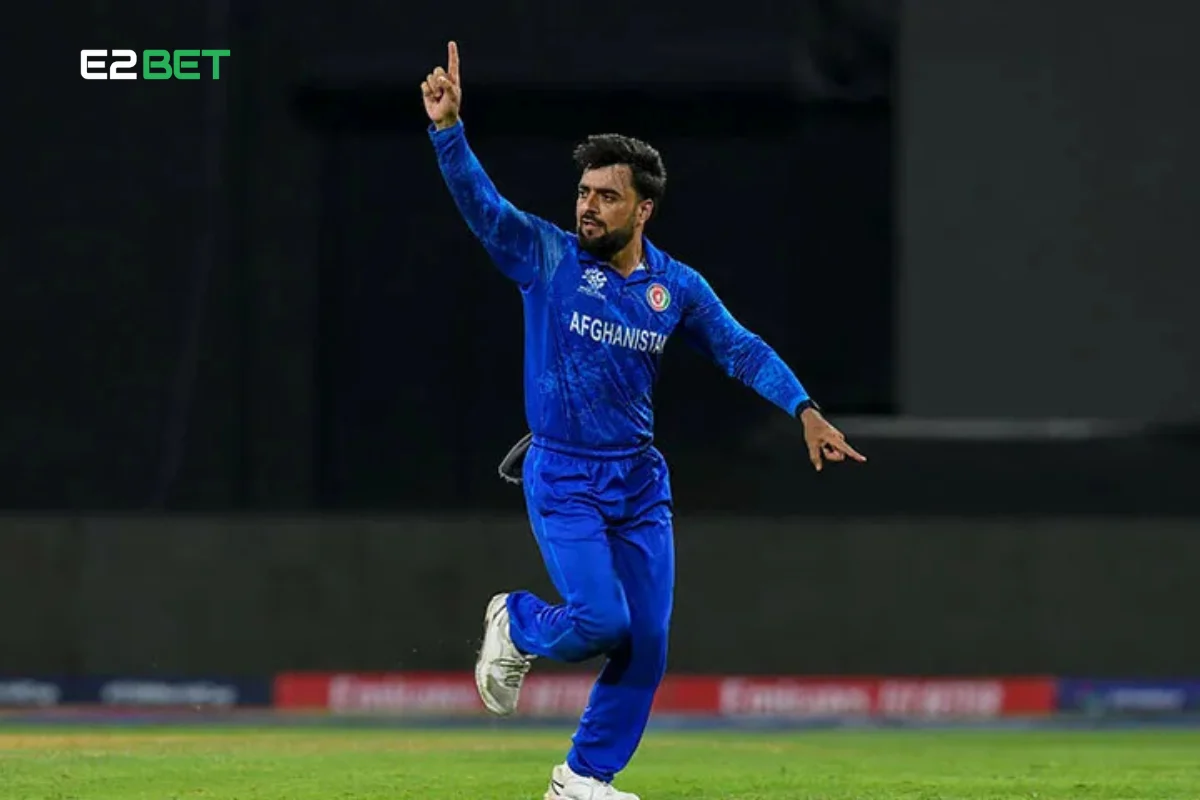In today’s fast-paced cricketing world, franchise leagues dominate the landscape, offering players lucrative contracts and global exposure. However, breaking into these leagues can be a daunting challenge for cricketers from smaller nations. With limited resources, fewer opportunities, and little international exposure, how do these players carve a successful career in this competitive environment? Let’s explore the pathways and strategies that help these players rise to prominence.
Challenges Faced by Players from Smaller Nations
Lack of Domestic Infrastructure
Cricketing powerhouses like India, Australia, and England have well-established domestic structures, but smaller nations often lack such facilities. The absence of professional leagues, advanced training centers, and financial backing makes it harder for players to develop their skills and get noticed by franchise scouts.
Limited International Exposure
With fewer international fixtures against top-tier teams, players from associate nations struggle to gain recognition. Tournaments like the ICC T20 World Cup and ODI World Cup serve as launching pads for emerging players, giving them opportunities to showcase their talent on the global stage.
Fewer Financial Opportunities
Unlike players from major cricketing nations, those from smaller countries often have to juggle between cricket and other professions due to limited financial support. This lack of stability can affect their performance and career progression. However, franchise leagues offer financial security, making them a crucial target for aspiring players.

The Role of Franchise Leagues in Career Growth
Opportunities to Showcase Talent Globally
Franchise leagues such as the IPL, BBL, PSL, and CPL provide platforms for players to compete against the best in the world. A strong performance in these leagues can lead to international recognition and further opportunities, with some players even securing long-term contracts.
Playing Alongside Top International Stars
Rubbing shoulders with established cricketers helps players from smaller nations improve their skills, gain experience, and adapt to high-pressure situations. A player like Tim David from Singapore made a name for himself in global T20 leagues due to his consistent power-hitting ability.
Financial Security and Lucrative Contracts
Performing in franchise cricket not only provides financial stability but also allows players to focus entirely on their cricketing career without worrying about alternative sources of income. T20 leagues offer some of the best financial opportunities for associate nation players, making them a key career goal.
How Players from Smaller Nations Get Noticed by Franchises
Performing in ICC Tournaments
Cricketers from associate nations must take ICC tournaments seriously, as they serve as a gateway to franchise cricket. For instance, Rashid Khan’s journey from Afghanistan to IPL was fueled by standout performances in international tournaments.
Making an Impact in Associate and Emerging Tournaments
The ICC organizes various tournaments for associate nations, including the Global T20 Canada and UAE T20 leagues. Excelling in these competitions can help a player land a contract in major leagues like the IPL or PSL.
Gaining Exposure Through Domestic and Minor Leagues
Smaller leagues such as the Caribbean Premier League (CPL) and Bangladesh Premier League (BPL) offer great stepping stones for associate nation players. Many budding cricketers use these platforms to get noticed by bigger leagues, improving their chances of securing a long-term franchise contract.
Strategies for Players to Gain Recognition
Building a Strong Personal Brand
With social media playing a crucial role in modern cricket, players can promote themselves by sharing training videos, match highlights, and engaging with fans online. Platforms like Twitter and YouTube help cricketers showcase their skills directly to a global audience, increasing their visibility.
Training with International Coaches and Mentors
Seeking guidance from experienced coaches and playing in high-performance training programs can enhance skills and increase visibility. Many players from smaller nations train in cricket academies in India and Australia to improve their chances of getting selected for major leagues.
Showcasing Versatility in Skills
Players who can adapt to different conditions, play multiple roles (such as all-rounders), and specialize in unique skills like power-hitting or death bowling are more likely to attract franchise interest. For example, Sandeep Lamichhane from Nepal became a global star due to his ability to bowl economical spells in T20 leagues.
Case Studies: Success Stories of Players from Smaller Nations
Rashid Khan (Afghanistan) – From War-Torn Nation to Global Superstar
Rashid Khan’s journey from Afghanistan to becoming a sought-after T20 bowler in leagues worldwide is an inspiration. His IPL performances helped him become one of the top-ranked bowlers in world cricket.
Sandeep Lamichhane (Nepal) – A Rising Spin Sensation
Lamichhane’s journey from Nepal to the IPL was fueled by his impressive performances in associate cricket and mentorship under international stars.
Tim David (Singapore) – A Power-Hitter in Global T20 Leagues
Tim David’s hard-hitting abilities helped him transition from Singapore’s cricket setup to leagues like the IPL and BBL, proving that talent from non-Test playing nations can make it big in franchise cricket.
Conclusion
Cricketers from smaller nations face numerous challenges, but they have multiple avenues to succeed in franchise cricket. By leveraging ICC tournaments, minor leagues, and personal branding, these players can carve a niche for themselves. With dedication, skill development, and perseverance, making it big in the franchise-dominated era is not just a dream but an achievable goal.
FAQs
1. How can players from smaller nations enter major franchise leagues?
Performing well in ICC tournaments, associate leagues, and maintaining a strong online presence helps in getting noticed by franchises.
2. Which franchise league provides the best opportunities for associate nation players?
Leagues like the IPL, CPL, and PSL have been known to give opportunities to players from smaller nations.
3. Why do some associate players succeed while others struggle?
Factors like skill adaptability, consistency, networking, and exposure play a crucial role in determining success.
4. What role does social media play in a cricketer’s career growth?
It helps in building a personal brand, attracting sponsors, and increasing visibility among scouts and franchises.
5. Is it possible for an associate nation to produce an IPL or Big Bash League star?
Yes, players like Rashid Khan and Tim David have proven that talent from associate nations can thrive in top leagues.